BSSS Annual Conference
Resilient Soils for a Sustainable Future
Jump to: Policy Session | Gala Dinner | BSSS Invited Speaker | Tours | Exhibitors | Useful Links | Sponsors
The conference is taking place at King’s House Conference Centre in Manchester, UK from Wednesday 3 – Friday 5 December.
We are currently accepting abstract submissions in several categories related to the conference theme.
Day 1: 3 December 2025
Registration and Poster Set Up - 9:00am - 10:00am
![]()
Registration and Poster Set Up
9:00am – 10:00am
Sign in at the registration desk, collect and set up your poster (if applicable) and network with delegates before the conference begins.
Welcome and Opening Remarks - 10:00am - 10:15am
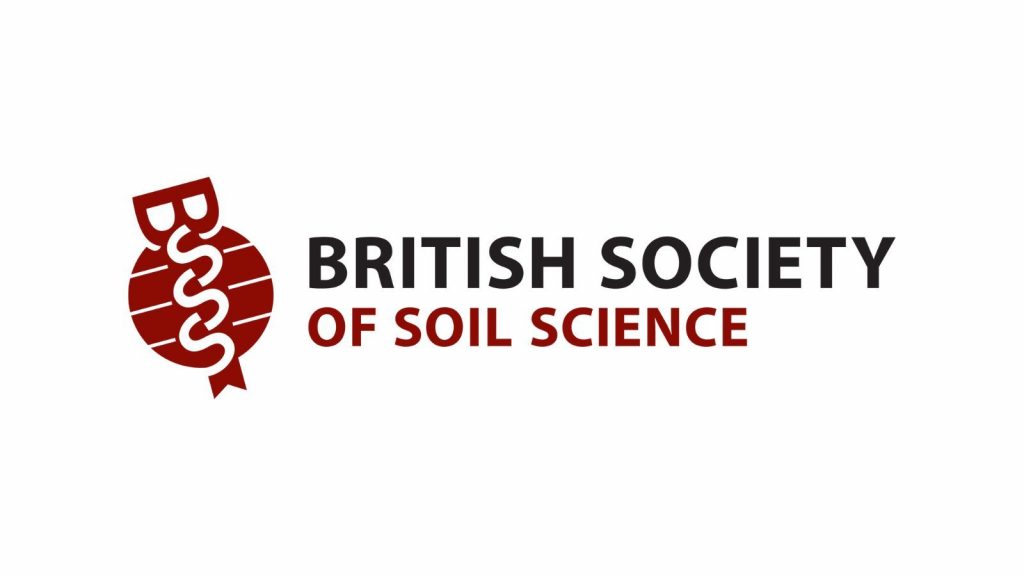
Welcome
10:00am – 10:15am
Policy Session - 10:15am – 11:15am
![]()
Placing soil health on a global stage – bridging the international policy gap
10:15am – 11:15am (inc. 20 minute Q&A)
– William Blake – University of Plymouth
– Diana Mangalagiu – University of Oxford
– Bruce Lascelles – IUSS President-Elect
(Chair – Prof. Paul Hallett, BSSS President)
Prof. Will Blake
Will Blake is Professor of River Basin Science and Director of the Sustainable Earth Institute at University of Plymouth with expertise in applying environmental diagnostic tools to support sustainable land & water management. Current work with farmers in UK and the global south explores impacts of land management on soil hydrological processes and use of sensor technology to assess soil composition, supporting the evidencing of Climate-Smart Agriculture and regenerative practices. He is an Advisory Board member of the UNESCO International Sediment Initiative and expert member of Joint UN Food and Agricultural Organization and International Atomic Energy Agency (FAO/IAEA) programmes on nuclear techniques in food and agriculture.
Dr. Bruce Lascelles
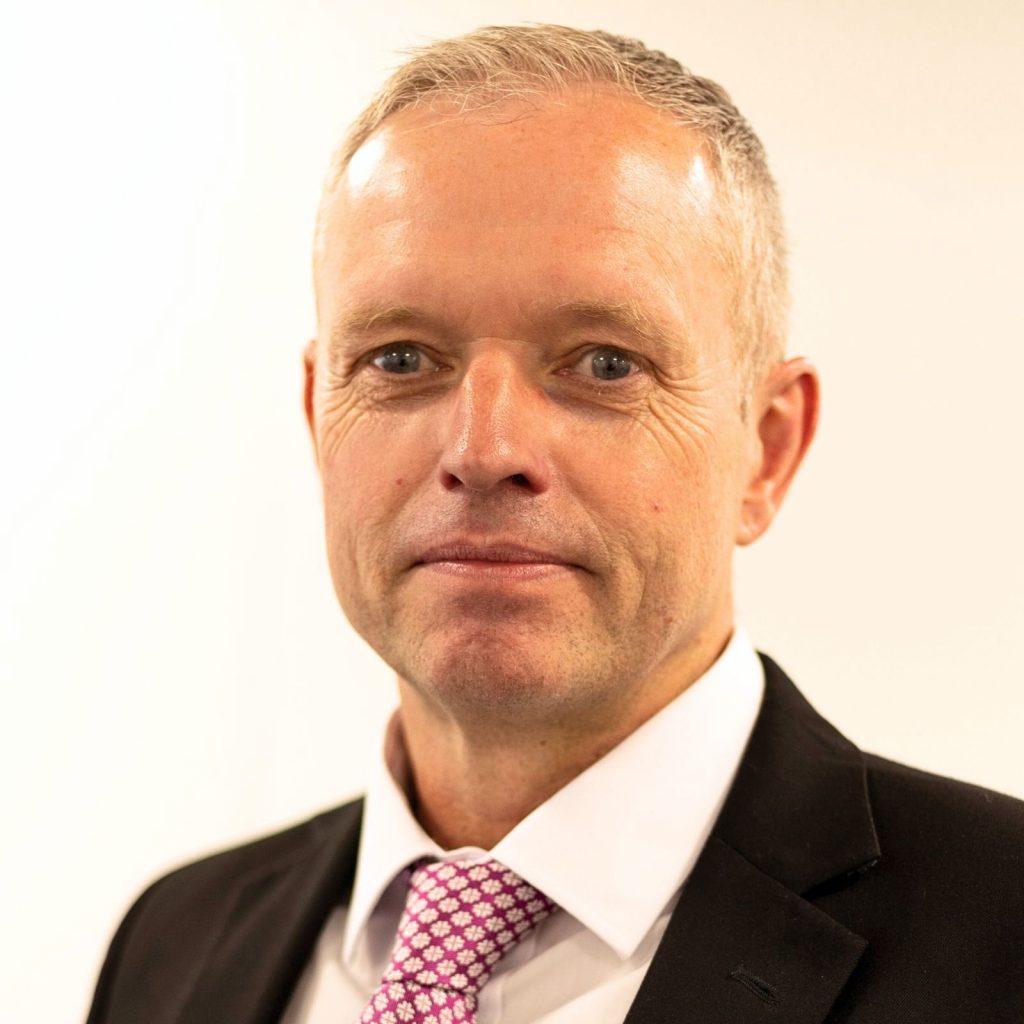
Dr Bruce Lascelles BSc (Hons), PhD, FISoilSci, MCIEEM, CEnv
Bruce is a Chartered Soil and Environmental Scientist with 35 years’ technical and business management expertise and is currently Director of Sustainable Land Management at Arcadis, a Past President of the British Society of Soil Science and President Elect of the International Union of Soil Sciences. Bruce focuses on the survey and understanding of soils and on the interaction of the physical and biological worlds in relation to land use change. Bruce is a strong and active advocate for soils and the physical environment as a whole and supports a number of organisations around engagement and knowledge in this area.
Oral Presentation Session 1 - 11:45am – 12:45pm
Oral Presentation Session 1
11:45am – 12:45pm (inc. Q&A)
Invited abstract speakers
Oral Presentation Session 1 - 11:45am – 12:45pm
Oral Presentation Session 1
11:45am – 12:45pm (inc. Q&A)
Invited abstract speakers
Parallel Room
Lunch - 12:45pm – 1:35pm
LUNCH
12:45pm – 1:35pm
BSSS Extraordinary General Meeting (EGM) - 1:35pm - 1:45pm

BSSS EGM
1:35pm – 1:45pm
British Society of Soil Science EGM to elect various committee members.
EU Policy - 1:45pm - 2:30pm
EU Missions For Soils
1:45pm – 2:15pm
Panos Panagos, Project Leader of the EU Soil Observatory
Diana Vieira, Researcher at the Joint Research Centre
Dr. Panos Panagos
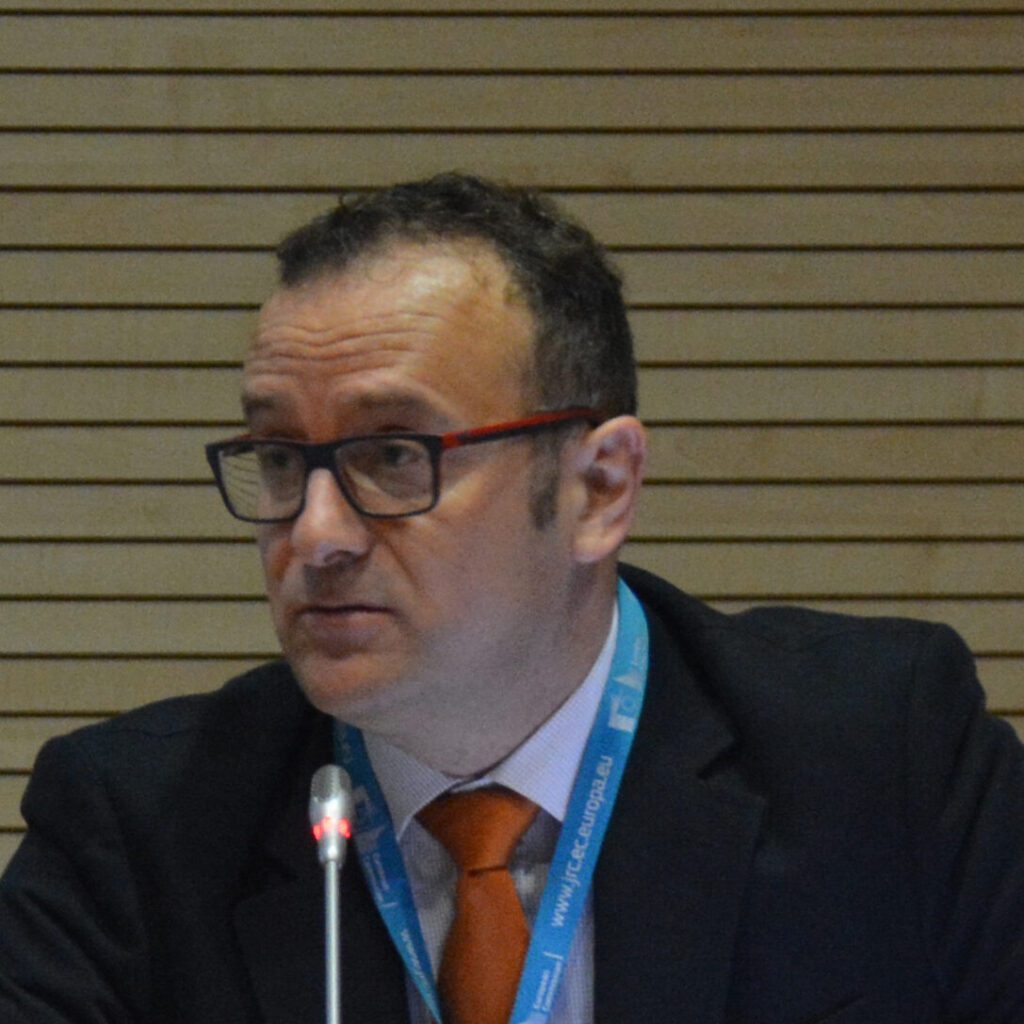 Panos Panagos is the project leader of the EU Soil Observatory (EUSO). Panos has a PhD in soil erosion modelling from University of Basel, and Master in Business Administration from Patras University and an Information Technology degree from Athens University of Economics & Business. Panos lead the European and Global soil erosion assessments and contributes to modelling assessments of soil organic carbon, diffuse pollution and nutrients in soil. He has more than 230 publications in peer-review journals and he has been awarded the Web Of Science highly cited award in the last 6 years 2019-2024. He is coordinating the Working Group on “Soil erosion in relation to land degradation, climate change & food security” in the European Soil Observatory. Panos is also responsible for the scientific and technical support of the JRC to the HORIZON Europe Mission “A Soil Deal for Europe”.
Panos Panagos is the project leader of the EU Soil Observatory (EUSO). Panos has a PhD in soil erosion modelling from University of Basel, and Master in Business Administration from Patras University and an Information Technology degree from Athens University of Economics & Business. Panos lead the European and Global soil erosion assessments and contributes to modelling assessments of soil organic carbon, diffuse pollution and nutrients in soil. He has more than 230 publications in peer-review journals and he has been awarded the Web Of Science highly cited award in the last 6 years 2019-2024. He is coordinating the Working Group on “Soil erosion in relation to land degradation, climate change & food security” in the European Soil Observatory. Panos is also responsible for the scientific and technical support of the JRC to the HORIZON Europe Mission “A Soil Deal for Europe”.
Dr. Diana Vieira
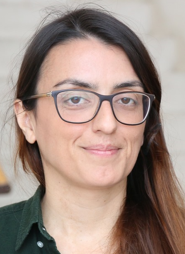 Diana Vieira completed her PhD in Environmental Sciences and Engineering in 2015 at the University of Aveiro. She published 25 articles in peer-review journals, received 5 awards, and has an H-index of 12 (Scopus). During her research path, she was the Principal investigator of the FEMME project and supervised PhD theses, postdoctoral and MSc fellowships, participated in national and EU projects, and organized international scientific events. In the EUSO team she is dedicated to large scale post-fire soil erosion modelling, land degradation, healthy soils, and the assessment, fate, and remediation of soil pollution in EU soils.
Diana Vieira completed her PhD in Environmental Sciences and Engineering in 2015 at the University of Aveiro. She published 25 articles in peer-review journals, received 5 awards, and has an H-index of 12 (Scopus). During her research path, she was the Principal investigator of the FEMME project and supervised PhD theses, postdoctoral and MSc fellowships, participated in national and EU projects, and organized international scientific events. In the EUSO team she is dedicated to large scale post-fire soil erosion modelling, land degradation, healthy soils, and the assessment, fate, and remediation of soil pollution in EU soils.
Emerging and Disruptive Technologies - 1:45pm - 2:15pm
How disruptive technologies can help us understand and promote soil health
1:45pm – 2:15pm
Professor Sophie Nixon, BBSRC David Phillips and DKO Research Fellow, University of Manchester
TBC
Parallel Room
Synopsis
The post-genomic era has unearthed unprecedented diversity in the microbial world. We now appreciate more than ever that microorganisms operate not in isolation, but as diverse consortia via myriad interactions. These interactions – whether between microbial members, hosts and mobile elements, or the community with its environment – are the key to understanding rules of life that govern microbiomes. They are also our key to harnessing the power of microbiomes for the benefit of humankind and our planet’s health. Soils are a major component of planetary health, yet their microbiomes remain a challenge to understanding, largely owing to their microbial complexity. However, new tools promise to disrupt this status quo. It is now possible to resolve interactions between community members, their associated mobile elements, and their environments. This opens the door to controlling microbiome function in a way previously not possible, be it through direct genome engineering of community members (regardless of whether they are cultivable), by designing and deploying nature-inspired synthetic communities, or simply by better understanding the impact of environmental health on microbiome function. In this talk I will showcase the most powerful emerging technologies that could help understand – and improve – soil health, securing sustainable agriculture, stable carbon sequestration and uncovering fundamental rules of life along the way.
Prof. Sophie Nixon
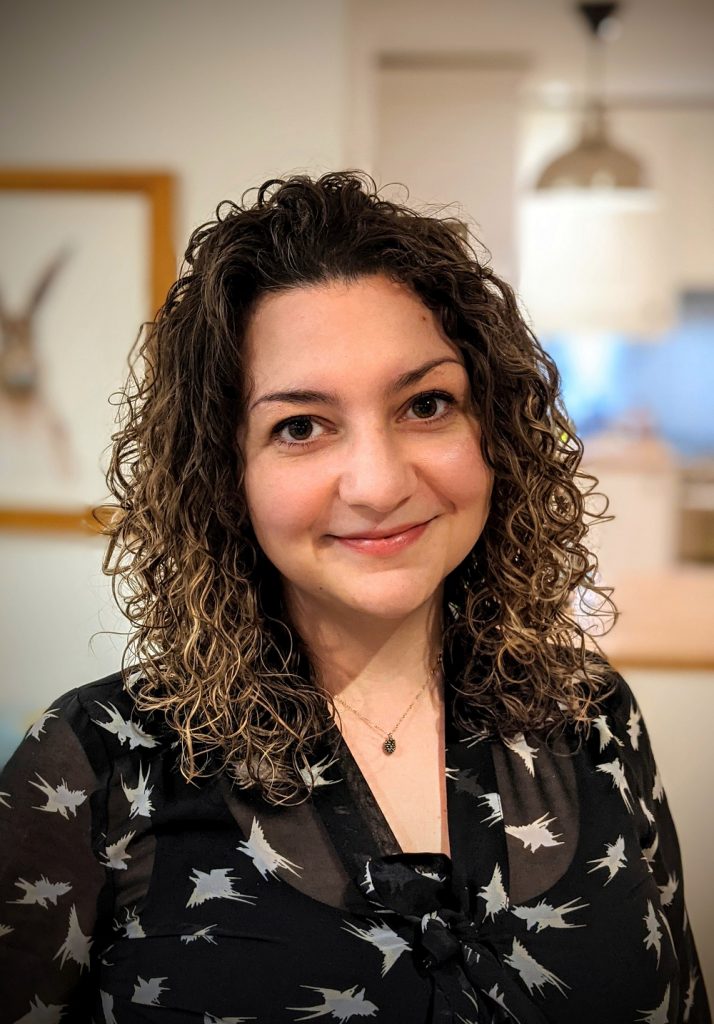 Sophie is an environmental microbiologist and biotechnologist specialising in microbial community carbon cycling in extreme environments. She joined UoM in 2015 as a postdoc after finishing her PhD in Astrobiology (Edinburgh) and has since secured several prestigious fellowships to build a research group at the interface of fundamental and applied environmental microbial ecology. Since 2021 she has been based in the flagship Manchester Institute of Biotechnology, securing a Chair position in 2023. Her group are predominantly interested in how microbial communities operate to transform forms of carbon that are problematic to our planet’s health, namely CO2 and synthetic polymers. Her group uses a holistic biogeochemical toolkit of culture-based, geochemical, and bioinformatic approaches to understand the diversity, function, stability and engineerability of microbiomes in the environment. The goal of this research is to understand the generalisable rules of life that influence microbiome function, in order to engineer environmental microbiomes to help achieve net zero emissions and environmental sustainability.
Sophie is an environmental microbiologist and biotechnologist specialising in microbial community carbon cycling in extreme environments. She joined UoM in 2015 as a postdoc after finishing her PhD in Astrobiology (Edinburgh) and has since secured several prestigious fellowships to build a research group at the interface of fundamental and applied environmental microbial ecology. Since 2021 she has been based in the flagship Manchester Institute of Biotechnology, securing a Chair position in 2023. Her group are predominantly interested in how microbial communities operate to transform forms of carbon that are problematic to our planet’s health, namely CO2 and synthetic polymers. Her group uses a holistic biogeochemical toolkit of culture-based, geochemical, and bioinformatic approaches to understand the diversity, function, stability and engineerability of microbiomes in the environment. The goal of this research is to understand the generalisable rules of life that influence microbiome function, in order to engineer environmental microbiomes to help achieve net zero emissions and environmental sustainability.
Oral Presentation Session 2 - 2:15pm - 3:15pm
Oral Presentation Session 2
2:15pm – 3:15pm (inc. Q&A)
Invited abstract speakers
Oral Presentation Session 2 - 2:15pm - 3:15pm
Oral Presentation Session 2
2:15pm – 3:15pm (inc. Q&A)
Invited abstract speakers
Parallel Room
Poster Session 1 - 3:30pm - 4:30pm
Poster Session 1
3:30pm – 4:30pm
Parallel Session 2 - 3:30pm - 4:00pm
Parallel Session 2 – TBC
3:30pm – 4:00pm
Parallel Room
Parallel Session 3 - 4:00pm - 4:30pm
Parallel Session 3 – TBC
4:00pm – 4:30pm
Parallel Room
Regenerative Agriculture - 4:30pm – 5:15pm
Regenerative Agriculture – Putting Research into Practice
4:30pm – 5:15pm (inc. Q&A)
Professor Pippa Chapman, University of Leeds
Dr Ruth Wade, University of Leeds
Dr Hannah Cooper, University of Nottingham
[Chair – Dr. Lizzie Sagoo]
Synopsis
Regenerative agriculture is gaining popularity but there still remains a lack of evidence-based practice particularly on the most efficient and effective way to transition farming practice to a regenerative system. Through a co-design approach, we installed a large, replicated plot trial at Leeds University farm in 2022, measuring the impact of stacking regenerative agriculture principles on soil functioning, hydrological properties, pests, disease and weed incidence, crop production and greenhouse gas emissions. Hear more about the on-going trial and latest results.
Prof. Pippa Chapman
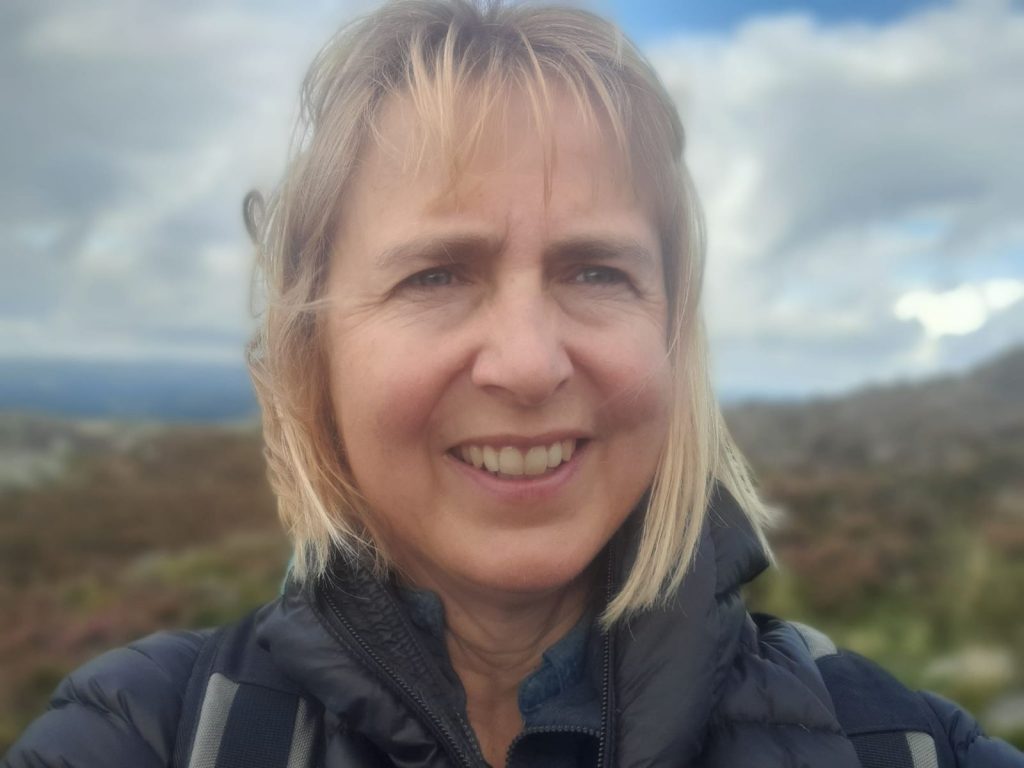 Professor Pippa Chapman is a soil scientist working in the interdisciplinary field of land and water management. Her expertise focusses on sustainable agriculture, soil health, water quality, and climate change. Her research includes measuring and demonstrating the impacts of regenerative agriculture on soil health, crop health and yield, greenhouse fluxes and water quality at a trial on the University of Leeds research farm.
Professor Pippa Chapman is a soil scientist working in the interdisciplinary field of land and water management. Her expertise focusses on sustainable agriculture, soil health, water quality, and climate change. Her research includes measuring and demonstrating the impacts of regenerative agriculture on soil health, crop health and yield, greenhouse fluxes and water quality at a trial on the University of Leeds research farm.
She is the co-champion for the Natural Environment Research Councils research programme on Freshwater Quality (2022-2026), and working with colleagues at the University of Leeds, AFBI and University of Ulster to monitor and evaluate the impact of the Soil Nutrient and Health Scheme in Northern Ireland.
Pippa serves on national and international advisory, funding and strategy groups, including NERC, BBSRC, Defra, Northern Ireland’s Department of Agriculture, Environment and Rural Affairs Water Quality Science Advisory Group, and Yorkshire Agriculture Society Farmer-Scientist Network. She is regularly invited to present at national agricultural events e.g., Groundswell, Down to Earth, Agroforestry Show, Great Yorkshire Show, AHDB Monitor & Strategic Farms, Gren Farm Collective Open Day, and other Farm Clusters. She also recently gave oral evidence to the House of Commons Environment, Food and Rural Affairs Committee inquiry on soil health.
Dr Hannah Cooper
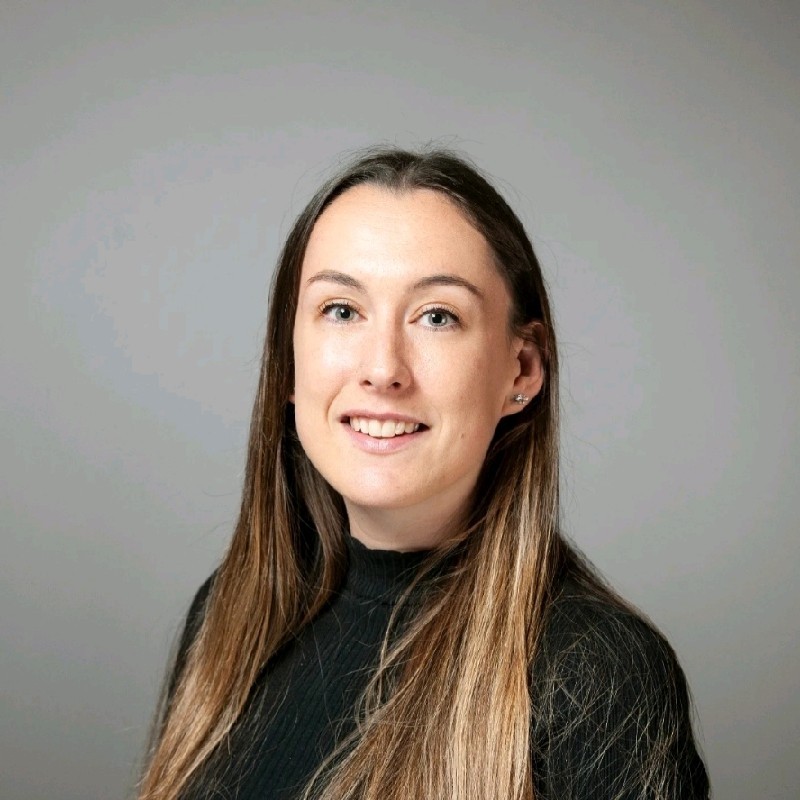 Dr Hannah Cooper is currently an Assistant Professor in Agronomy (2023-present) after receiving her PhD in Environmental Science from the University of Nottingham. Her research focuses on enhancing sustainable crop production and evaluating agri-food climate resilience. Her research spans a range of management and land use gradients, including arable soils and peatlands in temperate and tropical regions. One of her main interests is assessing the sustainable management of crop production systems through a variety of techniques, such as measuring greenhouse gas emissions, quantifying soil architecture through X-ray Computed Tomography and assessing the carbon thermostability through Rock Eval pyrolysis.
Dr Hannah Cooper is currently an Assistant Professor in Agronomy (2023-present) after receiving her PhD in Environmental Science from the University of Nottingham. Her research focuses on enhancing sustainable crop production and evaluating agri-food climate resilience. Her research spans a range of management and land use gradients, including arable soils and peatlands in temperate and tropical regions. One of her main interests is assessing the sustainable management of crop production systems through a variety of techniques, such as measuring greenhouse gas emissions, quantifying soil architecture through X-ray Computed Tomography and assessing the carbon thermostability through Rock Eval pyrolysis.
Dr. Ruth Wade
Transitioning to RegenAg
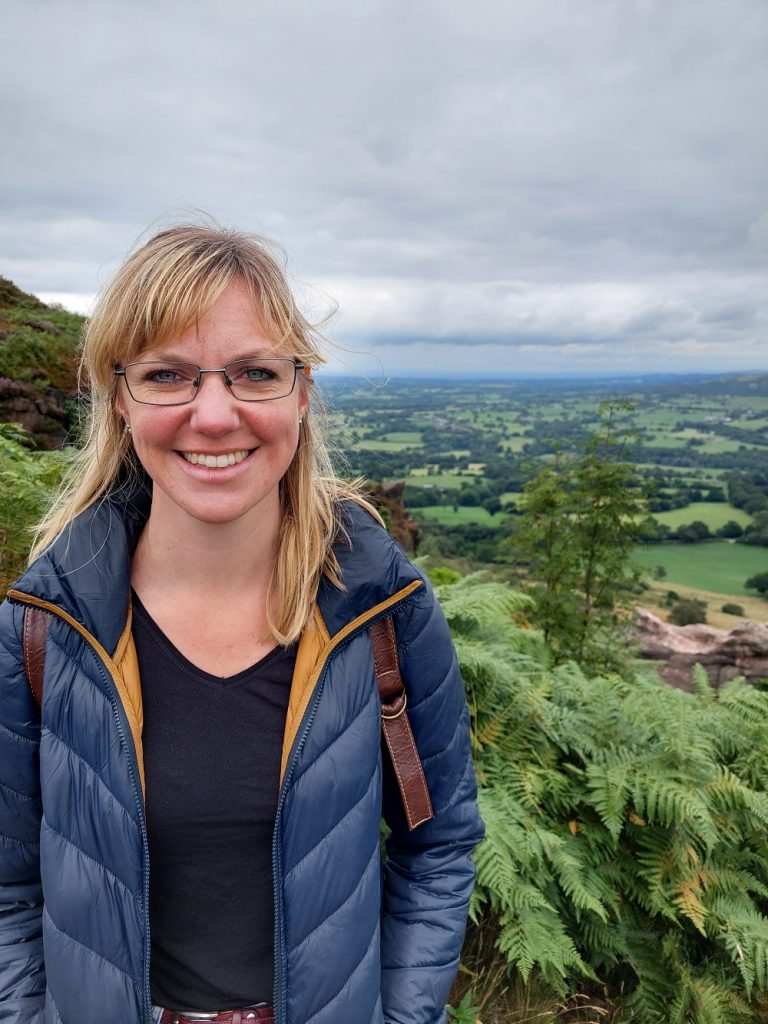
Dr Ruth Wade is a Lecturer in Sustainable Agriculture in the School of Biology at the University of Leeds. An ecologist at heart, her passion is to use knowledge and ideas from ecological systems in agricultural systems, working towards sustainable farming whilst maintaining a resilient and productive farming system. She uses combinations of novel laboratory, small plot and field scale trials to investigate the impact of different land management decisions and changes in rainfall patterns on plant growth, plant chemical composition, soil structure and fertility as well as interacting organisms such as insects and their natural enemies. For the last three years, she has been investigating different strategies to transition to a regenerative farming system, measuring the impact of following different combinations of regenerative agriculture principles on soil functioning, hydrological properties, pests, disease and weed incidence, crop production and greenhouse gas emissions.
Summary and Day 1 Close - 5:15pm - 5:30pm

SUMMARY
5:15pm – 5:30pm
British Society of Soil Science
Gala Dinner- 7:15pm – 12:00am
End of Day 1
Day 2: 4 December 2025
Registration and Poster Set Up - 9:00am - 9:30am
![]()
Registration and Poster Set Up
9:00am – 9:30am
Sign in at the registration desk, collect and set up your poster (if applicable) and network with delegates before the conference begins.
BSSS Invited Lecture - 9:30am - 10:00am
How to measure, report and verify soil carbon change to realize the potential of soil carbon sequestration for atmospheric greenhouse gas removal
Prof. Pete Smith, Professor of Soils & Global Change at the University of Aberdeen
9:30am – 10:00am (inc. Q&A)
Prof. Pete Smith
 Pete Smith is Professor of Soils and Global Change at the Institute of Biological and Environmental Sciences at the University of Aberdeen and Science Director of the Scottish Climate Change Centre of Expertise (ClimateXChange). His interests include climate change mitigation, soils, agriculture, food systems, ecosystem services modelling and nature-based solutions.
Pete Smith is Professor of Soils and Global Change at the Institute of Biological and Environmental Sciences at the University of Aberdeen and Science Director of the Scottish Climate Change Centre of Expertise (ClimateXChange). His interests include climate change mitigation, soils, agriculture, food systems, ecosystem services modelling and nature-based solutions.
He is a Fellow of the Royal Society of Biology, a Fellow of the Institute of Soil Scientists, a Fellow of the Royal Society of Edinburgh, a Foreign Fellow of the Indian National Science Academy, a Fellow of the European Science Academy, and a Fellow of the Royal Society (London).
Synopsis
How to measure, report and verify soil carbon change to realize the potential of soil carbon sequestration for atmospheric greenhouse gas removal
There is growing international interest in better managing soils to increase soil organic carbon (SOC) content to contribute to climate change mitigation, to enhance resilience to climate change and to underpin food security, through initiatives such as international ‘4p1000’ initiative and the FAO’s Global assessment of SOC sequestration potential (GSOCseq) programme. Since SOC content of soils cannot be easily measured, a key barrier to implementing programmes to increase SOC at large scale, is the need for credible and reliable measurement/monitoring, reporting and verification (MRV) platforms, both for national reporting and for emissions trading. Without such platforms, investments could be considered risky. In this presentation I outline some recent novel developments that show promise for quantifying SOC. I will describe how repeat soil surveys are used to estimate changes in SOC over time, and how long-term experiments and space-for-time substitution sites can serve as sources of knowledge and can be used to test models, and as potential benchmark sites in global frameworks to estimate SOC change. I will briefly describe how models can be used to simulate and project change in SOC and examine the MRV platforms for SOC change already in use in various countries/regions and describe a new vision for a global framework for MRV of SOC change, to support national and international initiatives seeking to effect change in the way we manage our soils.
Oral Presentation Session 3 - 10:00am - 11:00am
Oral Presentation Session 3
10:00am – 11:00am (inc. Q&A)
Invited abstract speakers
Parallel Session 4 - 10:00am - 10:30am
Parallel Session 4 – TBC
10:00am – 10:30am
Parallel Room
Contamination and Land Remediation - 10:30am - 11:00am
Constructing in a contaminated urban landscape – effective approaches to regenerating soil health
10:30am – 11:00am
Prof. Frederic Coulon, Cranfield University
Jonathan Atkinson – CL:AIRE
Parallel Room
Synopsis
Fred’s presentation examines the regeneration of contaminated urban land through the case of Manchester Sportcity – A History of Remediation and Regeneration. It highlights how a coherent, long-term vision, driven by community aspirations, integrated services, and environmental sustainability, shaped a masterplan that responded to environmental, social and economic needs. Moving beyond conventional, isolated remediation approaches, the project connected together interventions such as soil restoration, sustainable drainage, and active travel infrastructure to deliver a connected, resilient urban landscape. The Sportcity case demonstrates how strategically aligning technical solutions with public values can unlock lasting transformation in post-industrial settings.
Prof. Frederic Coulon
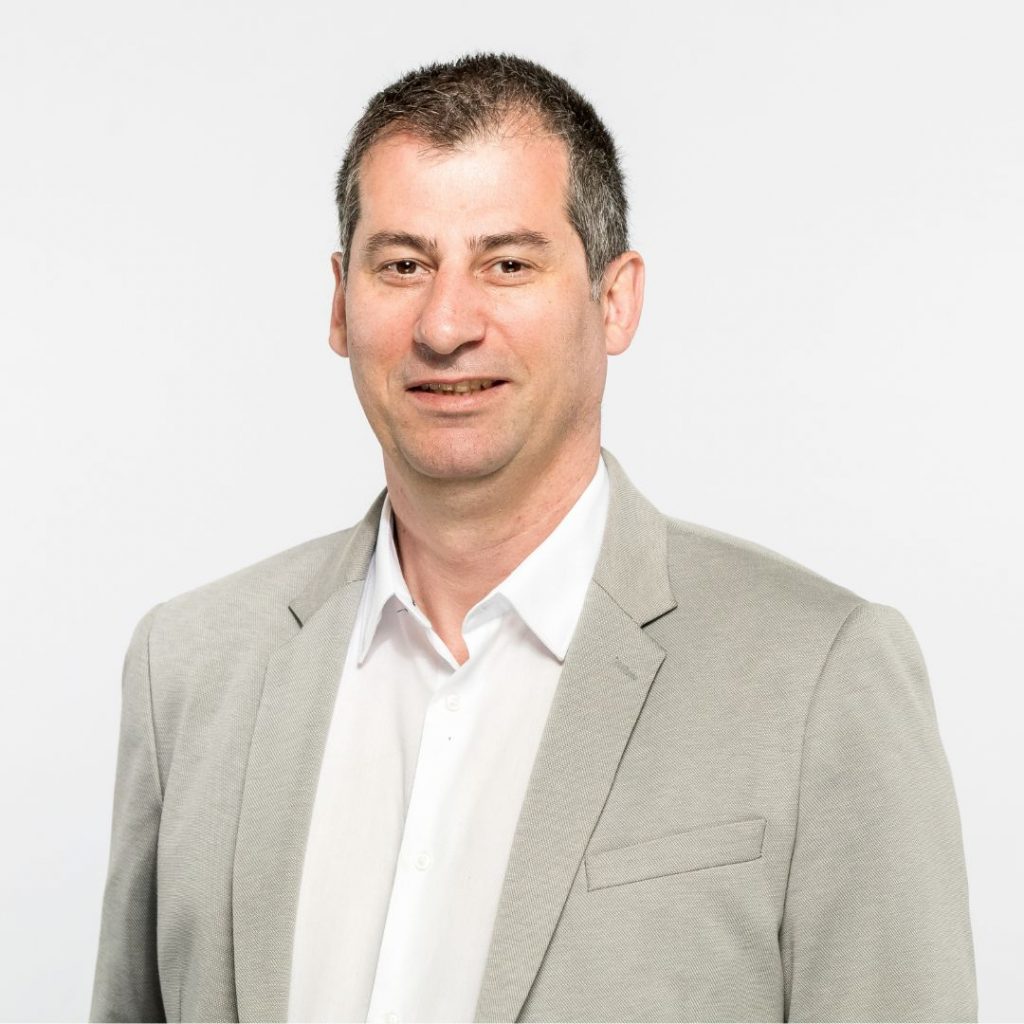 Professor Frederic Coulon holds the Chair in Environmental Chemistry and Microbiology at Cranfield University and is internationally recognised for his leadership in pollution control and remediation across contaminated land, waste, and wastewater systems. He has pioneered risk-based management strategies and biotechnological solutions that have shaped environmental policy and practice across the UK, Europe, Africa, Singapore, and China.
Professor Frederic Coulon holds the Chair in Environmental Chemistry and Microbiology at Cranfield University and is internationally recognised for his leadership in pollution control and remediation across contaminated land, waste, and wastewater systems. He has pioneered risk-based management strategies and biotechnological solutions that have shaped environmental policy and practice across the UK, Europe, Africa, Singapore, and China.
As the Director of the UKRI Engineering Biology Hub’s Environmental Biotechnology Innovation Centre (EBIC), he leads pioneering research in engineering biological applications and environmental biotechnology to develop innovative environmental solutions. His work drives sustainable solutions within the Water-Soil-Waste nexus, addressing global environmental challenges across industries and scales. His contribution was featured in Cranfield University’s 2014 REF Impact Case Studies for advancing hydrocarbon bioremediation. Prof. Coulon is the Chairman of the European Conference AquaConSoil and the NICOLE Academic Group. He serves as Co-Editor-in-Chief for Environment International and Heliyon Environment, and as Associate Editor for Science of the Total Environment.
Jonathan Atkinson
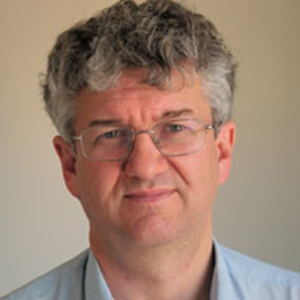 After 34 years in the Environment Agency and the KCC Waste reg team Jonathan has recently moved to work with CLAIRE, an industry leading organisation dealing with best practice guidance and frameworks for positive materials management on sustainable development sites, enabling land contamination issues to be dealt with comprehensively.
After 34 years in the Environment Agency and the KCC Waste reg team Jonathan has recently moved to work with CLAIRE, an industry leading organisation dealing with best practice guidance and frameworks for positive materials management on sustainable development sites, enabling land contamination issues to be dealt with comprehensively.
He has worked on risk assessment of developed closed landfill sites, landfill engineering and environmental controls enforcement on permitted sites, and a variety of land contamination projects. He was part of a team of GW&CL specialists and a national advisor on a number of specific projects related to soil remediation and waste management, including DoWCoP and emerging substances like PFAS.
Pecha Kucha Session: 11:15am - 12:00pm
Pecha Kucha Session
11:15am – 12:00pm
Collation of quickfire presentations
Art and Culture: 11:15am - 12:00pm
Does soil matter? Emerging approaches to social science, humanities and art in soil health
Jo Pearl, Artist
Daro Montag, Associate Professor at Falmouth University
Dr. Paul Granjon, Senior Lecturer Cardiff School of Art & Design (Cardiff Metropolitan University)
[Chair – Prof. Jack Hannam]
11:15am – 12:00pm
Parallel Room
Synopsis
It is argued that the artificial separation between humans and nature (as in all the non human living beings) is a key factor in the ongoing unsustainable extractive relation with the natural world, the notion of nature itself being problematic. A deep realisation that humans are an integral part of nature and a better empathy with non-human living beings could have a positive impact on the collapse of ecosystems, including soil health.
Art in its multiple forms arguably has the power to bring new perspectives and insights to different publics. Since the 1970s artists have created work with soil and soil-related aspects such as food growing and science-inspired experiments. Although the issue of widespread poor soil health is increasingly reaching the mainstream, soil and its complex life web is often overlooked by the general public.
The talk will focus on recent art and creative technology projects that involve different audiences in activities about soil and connections to non human life, with a focus on electrogenic soil bacteria.
In an era of climate crisis rebuilding depleted soils has never been more critical. Few human interventions have the power to mitigate the devastating impact of climate change, as regenerative agriculture. But how to change the hearts and minds of farmers and consumers when post pandemic people are germophobic, addicted to cheap but un-nutritious food, and hooked on practices that grew out of ‘conventional’ wisdom developed by Big-Ag synthetic fertiliser, insecticide and fungicide manufacturers. Art has a key role to play in provoking a re-think about the importance of soil. It can surpise the public – reveal the invisible, and shine a light on what is at stake, often in a more digestible way than straight statistics.
Jo Pearl
Art to reveal soil’s dirty secrets
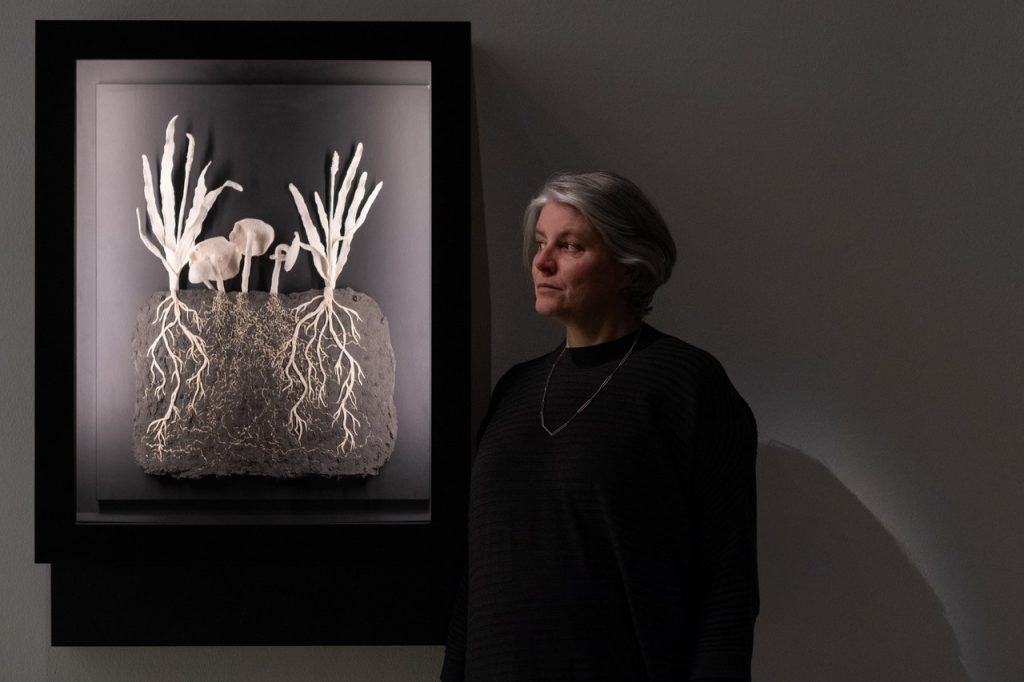 Jo Pearl, Multi-disciplinary Artist, Soil and Climate Activist:
Jo Pearl, Multi-disciplinary Artist, Soil and Climate Activist:
London-based artist Jo Pearl is member of the Royal Society of Sculptors, and a former PR whose work has a campaigning edge. Her soil-focused work has been exhibited at the Royal Geographical Society’s Earth Photo 2024, Somerset House’s SOIL: The World At Our Feet, Dialoghi Del Suolo, in Florence accompanying the UISS’s Centenary Congress in 2024, as well as the forthcoming Soil Art Tales, in 7 museums around the EU from November 2025.
Artist and soil activist Jo Pearl shares her most recent work, imbued with wonder about the biodiversity in healthy soil, to playfully make visible the invisible biome beneath our feet. From clay stop frame animation, to kinetic sculpture, Pearl shares how she uses clay and ceramics to speak about soil health, enchanting viewers so that they fall in love with this material. She will be presenting Dirty Secret, her most recent commission for the EU’s Soil Art Tales travelling exhibition that opens in Venice in November 2025, as well as Oddkin and Unearthed Mycelium exhibited at Somerset House’s landmark exhibition SOIL : The World at our Feet in Spring 2025.
Dr. Paul Granjon
Power of the mud: art experiments with soil, electrogenic bacteria and people
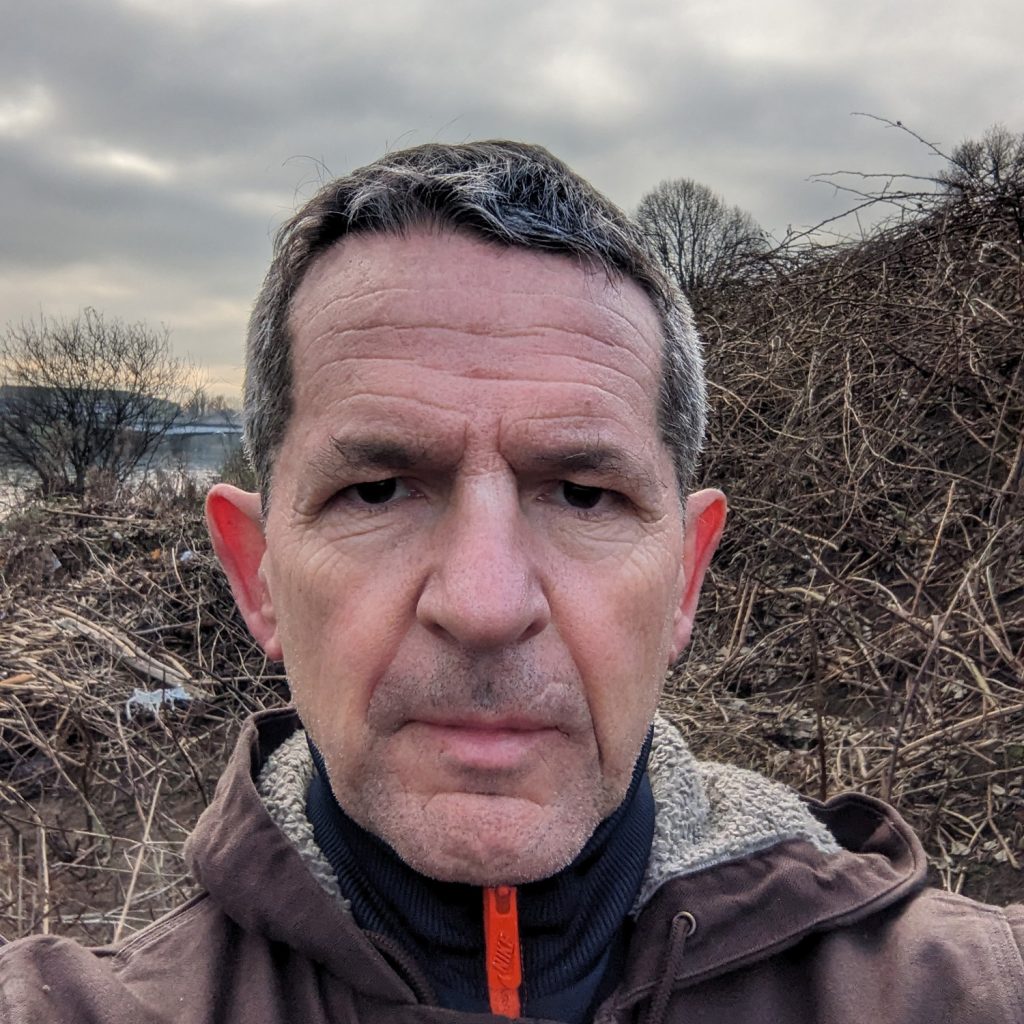 Paul Granjon is an artist and educator whose self-made machines explored the co-evolution of humans and machines with a humorous and critical perspective. The work questioned the validity of a creeping digitization that tends to replace living beings with digital programs and creatures, supporting a society based on economic profit, surveillance and extraction.
Paul Granjon is an artist and educator whose self-made machines explored the co-evolution of humans and machines with a humorous and critical perspective. The work questioned the validity of a creeping digitization that tends to replace living beings with digital programs and creatures, supporting a society based on economic profit, surveillance and extraction.
His interest in vital issues of resilience and ecological implication grew over the years, based on the conviction that a renewed relationship with plant, animal and mineral beings and environments, combined with a radically re-imagined use of technology are crucial pre-requisites for a good life on earth.
Current practice-based research includes the design and delivery of participative art activities and artworks that combine creative technologies and bio-life with a joyful dimension. The work aims to alleviate eco-anxiety and to stimulate an ecosophical approach to everyday life. Paul currently teaches Fine-Art at Cardiff School of Art and Design and is a member of the Art and Ecology research group at Goldsmiths University.
Poster Session 2: 12:00pm - 12:45pm
Poster Session 2
12:00pm – 12:45pm
soil microbiology: 12:00pm - 12:45pm
How soil microbiology can unlock new frontiers in crop protection and crop nutrition
Society of Chemical Industry (SCI)
Professor Liz Baggs, University of Edinburgh
Dr Angela de Manzanos, CEO and Co-Founder of Fa Bio
Dr Chris Quince, Earlham Institute
12:15pm – 1:00pm
Parallel Room
Synopsis
In this session, we invite researchers from academic and commercial organisations to discuss the role that soil microbiology can play in promoting sustainability in producing food. Three experts in this area will give a short introduction followed by an extended question and answer session.
There is an interplay between the discovering of new things and the wide-scale propagation of those things into real-world use – in this case, the production of food. Science and business collide: the hope is that the best ideas are implemented by commercial farming operations.
Bring your questions about the latest science, the challenges ahead and the ways that we can ensure that the best ideas are adopted by the farming community. The answers will give you a lot to think about.
Prof. Liz Baggs
Harnessing plant-soil interactions for sustainability
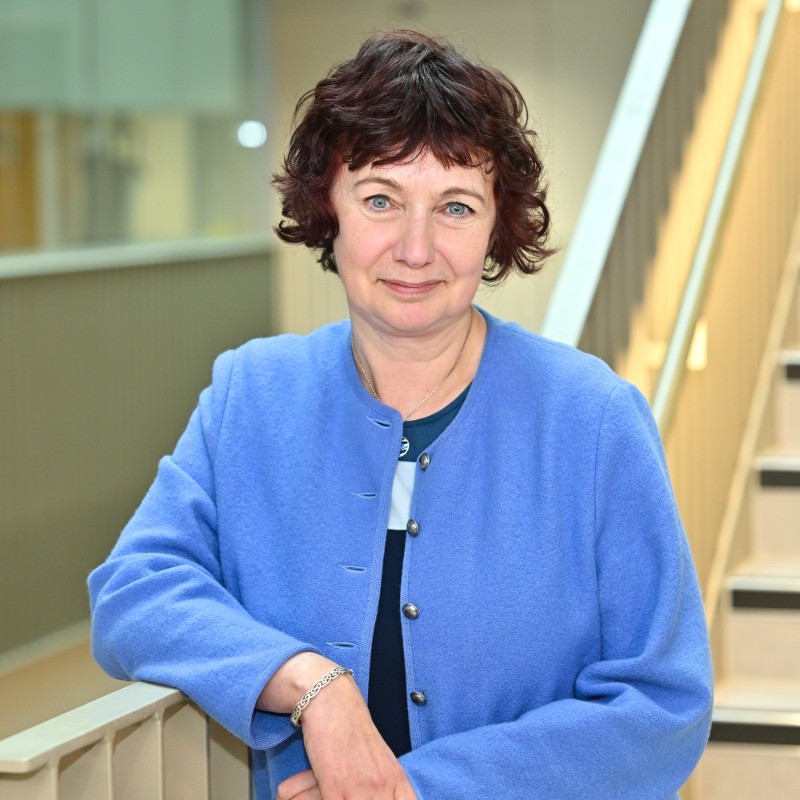
Liz is Dean of Research for the College of Medicine and Veterinary Medicine, and Professor of Food and Environmental Security at the University of Edinburgh. Her expertise covers soil health, agricultural systems, food security, plant-soil interactions and environmental change.
Liz undertook her PhD at the University of Edinburgh, and returned eight years ago to help establish the Global Academy of Agriculture and Food Systems as its Deputy Director. In between she held a lectureship and BBSRC Wain Research Fellowship at Imperial College, a NERC Advanced Fellowship and the Established Chair of Soil Science at the University of Aberdeen. She was Head of School of Biological Sciences at the University of Aberdeen for five years prior to returning to Edinburgh.
Liz holds various current and previous strategic leadership and advisory roles for higher education and research, including with UKRI, UK and Scottish governments, and international research organisations and funders. She is a Commissioner for the Commonwealth Scholarship Commission, and she is a Past-President of the British Society of Soil Science.
Dr Angela de Manzanos
The power of beneficial microbes in improving crop protection and nutrition

As CEO, Angela leads the scientific direction of FA Bio, nurturing and evolving the business process design and strategy, defining its innovation pipeline and growth.
With more than 19 years experience in agriculture and using innovation to solve the challenges of sustainability, Angela has a strong background in leadership, biotechnology, and agriculture.
Angela studied for her Bachelor’s degree and Master of Science at the Universidad Politecnica de Valencia. She went on to complete her Master Research in Chemical Biology of Crop Protection and Sustainability and was awarded the Lord Porter Prize, and her PhD in Chemical Biology at Imperial College London. Following the completion of her studies, Imperial College awarded her the Medal for Student Outstanding Achievements awards.
Since completing her PhD Angela has focused on developing her leadership skills, undertaking a Women in Leadership programme by IESE, Business Process Design for Strategic Management by MIT Sloane School, and a course on Dynamic Negotiations by INSEAD Business School. Besides, Angela in an Entrepreneur at the Royal Academy of Engineering and have received a tailored Leadership and Executive Training part of the Shott Scale Up Accelerator Award.
Angela is driven by applying biotechnology to help farmers produce more with less using regenerative agriculture. She is also driven to encourage women pursue an entrepreneurial journey.
Dr Chris Quince
The bioinformatics challenges in resolving soil microbiomes to enable their future application as soil health indicators
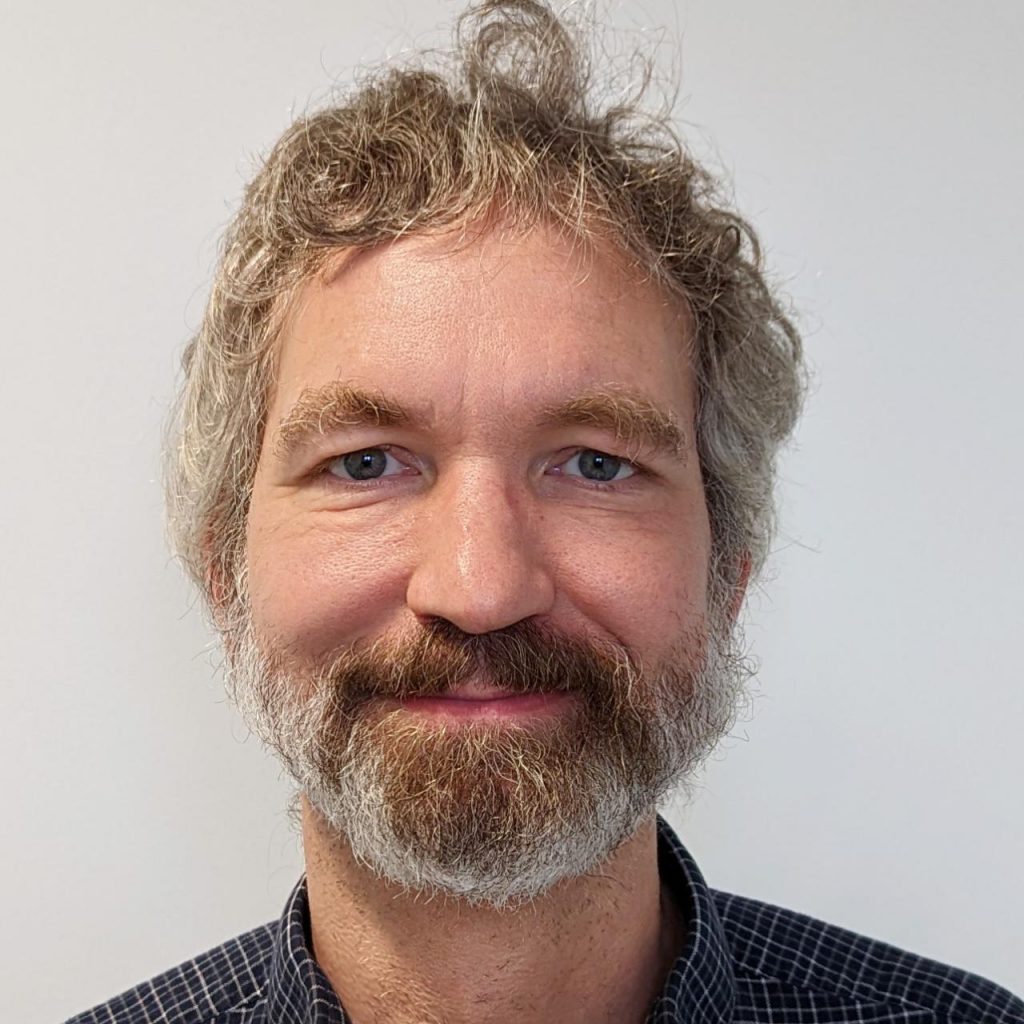
Chris Quince has pioneered techniques to reduce sequencing noise and the application of methods such as shotgun metagenomics to microbial communities. This cutting-edge approach fragments and sequences all of the genomes in a microbiome – quite literally taking a shotgun approach – and these are then reconstructed using sophisticated computational approaches. The methods to reconstruct sequence fragments back into metagenome assembled genomes (MAGs) have been significantly advanced by Quince.
He has used these metagenome techniques and analysis methods, in conjunction with his wide network of collaborators, to address urgent clinical questions, such as trialling new treatments for paediatric Crohn’s disease and understanding what drives antimicrobial resistance (AMR) in the gut microbiome.
Dr Quince’s research at the Earlham Institute focuses on:
- Improving methods for metagenome strain resolution incorporating novel long-read technologies and library preparation, as well as plans to extend his methods for metagenome binning to eukaryotes such as fungi.
- Developing novel microbiome analysis methods enabling strain phenotype prediction from MAGs, mechanistic approaches for integration of multi-omics and models for microbial community assembly.
- Carrying out large-scale microbiome data analyses, continuing his previous work on AMR, anaerobic digestors and pediatric Crohn’s disease.
- Commencing the Global Challenges Research Fund GastroPak project, which aims to determine the sources of non-viral gastroenteritis in Pakistan.
Lunch - 12:45pm - 1:45pm
LUNCH
12:45pm – 1:45pm
Water and Flood Management - 1:45pm - 2:15pm
The role of soils in flood mitigation
Prof. David A. Robinson, UKCEH
Dr. David Tompkins, WSP
1:45pm – 2:15pm (inc. Q&A)
Synopsis
Soil properties play a crucial role in determining how precipitation is partitioned at the land surface, influencing the amount that infiltrates into the ground versus what contributes to surface runoff. Alongside factors, these characteristics help shape the land’s response to rainfall of varying intensities. The frequency of intense storms, defined here as those exceeding 50mm within a 24-hour period, is on the rise, prompting an important inquiry into the extent to which soil can contribute to mitigating the consequences of such events. This discussion extends beyond the soil’s capacity for water absorption; it also encompasses its potential to reduce other adverse effects, such as erosion, which not only leads to the loss of topsoil but also produces sediment that can obstruct drainage systems downstream, thereby worsening flood risk.
Prof. David A. Robinson
To what extent does soil have a role in flood mitigation?
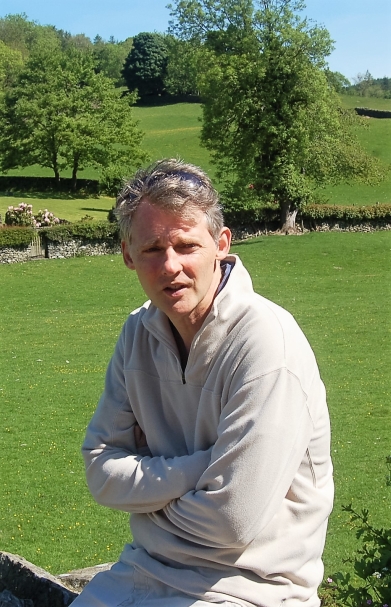 Prof David Robinson, a graduate of soil science from Reading University, has a passion for soils research which has taken him around the globe. In the USA he served as Operations Director for the CUASHI Hydrological Measurement Facility at Stanford, while in his current role at UKCEH his focus is on national and EU soil monitoring, especially regarding indicators and the application of AI and modelling to better understand and predict soil function. He is an Adjunct Professor at Utah State University, USA and a Visiting Scientist at the Hamburg University of Technology in Germany.
Prof David Robinson, a graduate of soil science from Reading University, has a passion for soils research which has taken him around the globe. In the USA he served as Operations Director for the CUASHI Hydrological Measurement Facility at Stanford, while in his current role at UKCEH his focus is on national and EU soil monitoring, especially regarding indicators and the application of AI and modelling to better understand and predict soil function. He is an Adjunct Professor at Utah State University, USA and a Visiting Scientist at the Hamburg University of Technology in Germany.
DR. David Tompkins
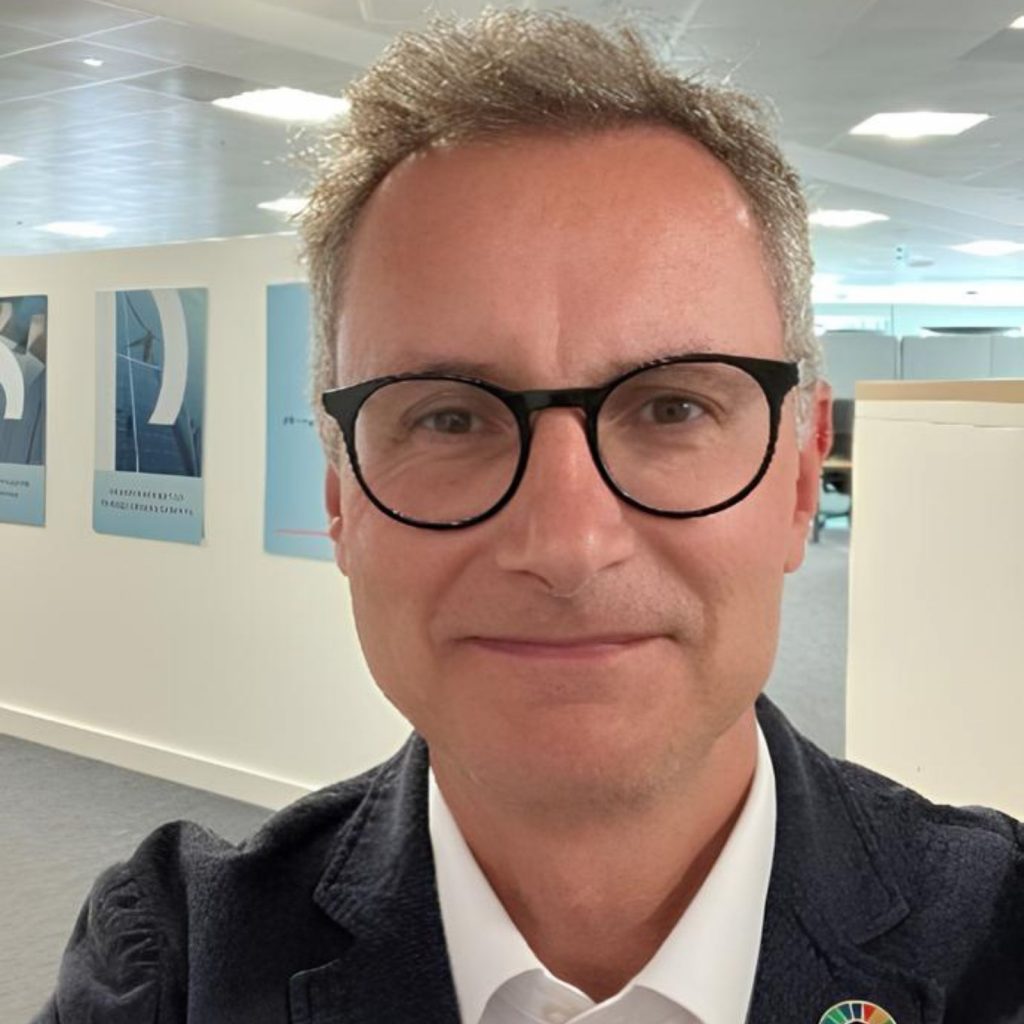 Dr David Tompkins is an Environmental Scientist with a multi-disciplinary background encompassing horticulture, soil science, composting, anaerobic digestion, wastewater treatment, biowaste valorisation, sustainability, and the Circular Economy.
Dr David Tompkins is an Environmental Scientist with a multi-disciplinary background encompassing horticulture, soil science, composting, anaerobic digestion, wastewater treatment, biowaste valorisation, sustainability, and the Circular Economy.
David is currently an Associate Director in WSP’s Water Strategic Advisory team, where he focusses on bringing the Circular Economy to life within the UK’s regulated water sector. This draws on previous experience as a technical consultant working on ‘end of pipe’ treatment options for commercial digestates and sewage sludges, wrestling with challenging regulatory frameworks and engaging with a broad range of stakeholders to deliver positive, evidence-based and consensus-driven commercial outcomes.
David has a particular professional interest in waste and ‘End of Waste’ legislation as an enabler/blocker for the Circular Economy – and in particular how these impact on soil quality following land application of biowaste and bioresource-derived materials. Interactions between soils and water quality/quantity are also now coming into professional focus.
In addition to his role as a Board member, David is Chair of the BSSS Professional Practice and Development Committee.
Soil and Art Exhibition - 1:45pm - 2:15pm
Soil and Art Exhibition
1:45pm – 2:15pm
[Daro Montag, Paul Granjon, Jo Pearl]
Parallel Room
Biodiversity Net Gain - 2:15pm - 3:15pm
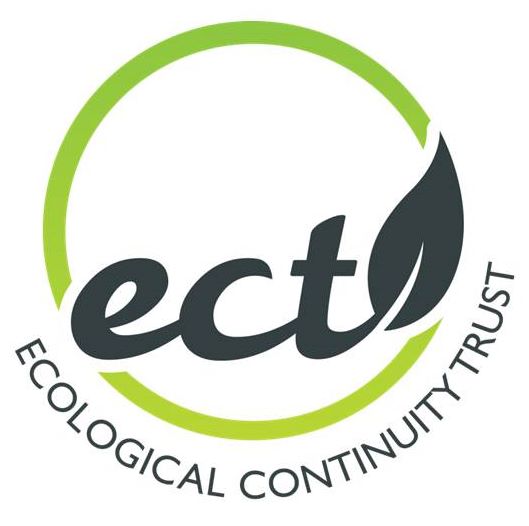 Evaluating Biodiversity Net Gain Using Long-term Ecological Field Experiments
Evaluating Biodiversity Net Gain Using Long-term Ecological Field Experiments
2:15pm – 3:15pm (inc. Q&A)
Ecological Continuity Trust
Bridget Emmett, UKCEH
Richard Bardgett, Lancaster University
Jonathan Silvertown, University of Edinburgh
Cicely Marshall, University of Cambridge
Oral Presentation Session 4 - 2:15pm - 3:15pm
Oral Presentation Session 4
2:15pm – 3:15pm (inc. Q&A)
Invited abstract speakers
Parallel Room
Poster Session 3: 3:15pm - 4:00pm
Poster Session 3
3:15pm – 4:00pm
Parallel Session 5 - 3:15pm - 3:45pm
Parallel Session 5 – TBC
3:15pm – 3:45pm
Parallel Room
Oral Presentation Session 5 - 4:15pm - 5:15pm
Oral Presentation Session 5
4:15pm – 5:15pm (inc. Q&A)
Invited abstract speakers
Oral Presentation Session 5 - 4:15pm - 5:15pm
Oral Presentation Session 5
4:15pm – 5:15pm (inc. Q&A)
Invited abstract speakers
Parallel Room
Closing Remarks - 5:15pm - 5:30pm

CLOSING REMARKS
5:15pm – 5:30pm
British Society of Soil Science
SOIL USE AND MANAGEMENT 40TH ANNIVERSARY DRINKS AND NETWORKING SESSION - 5:30pm - 7:00pm

Soil Use and Management 40th anniversary Drinks and networking session
Manchester Metropolitan University
5:30pm – 7:00pm
Drinks and networking session to mark the 40th anniversary of Soil Use and Management (SUM), one of the BSSS journals.
End of Day 2
Day 3: 5 December 2025
Tours - 9:00am – 2:00pm
TOURS
9:00am – 2:00pm
There will be 2 different scientific tours and a cultural walking tour that delegates can book onto.
Exhibitors
There will be several exhibitors at the conference in the Exhibition Area who you will be able to network with.
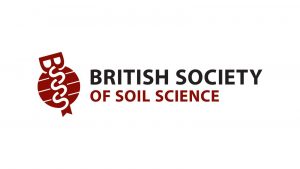



Sponsors and Supporters
Headline Sponsors

Soil Use and Management (Wiley)
We are delighted to announce that the Soil Use and Management, published by Wiley, is one of the headline sponsors. The conference will be a great opportunity to learn about peer reviewing and also hear more about the journal as it celebrates its 40th anniversary.
Elementar
We are pleased to announce that Elementar is one of the headline sponsors of the conference. Based in Manchester, Elementar UK supply and support the elemental analysis (EA), total organic carbon (TOC) and optical emission spectroscopy (OES) products to the UK market.
https://www.elementar.com/en-gb/
Session Sponsors

Royal Eijkelkamp
Royal Eijkelkamp have been dedicated to soil research since 1911, and in recent years, the focus of their initiatives has shifted to sustainability. Royal Eijkelkamp is driven by a mission and vision that inspire us to do better each day. To leave the world in a better shape for future generations than we inherited it in, we continue develop techniques, products and services to provide new and better alternatives.
Supporters

We are delighted to be working partnership with Manchester Accommodation BID in the delivery of the event, and would like to thank them for their continued support and expertise.
We have launched exciting sponsorship packages for our 2025 Annual Conference so if you are interested in supporting the Society and would like learn more, please click here.
